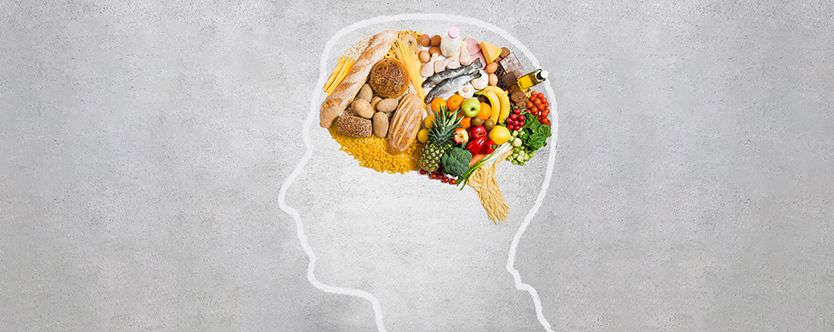
Fodder for your brain
It is a known fact that as we age, we gradually lose some of our brain cells which eventually leads to senility. Fortunately, for us, we now have the answer to at least partially avoid the loss of cognitive processes.
The brain is made up of 60% fat. Therefore, the brain cells are metabolically active and produce the highest number of free radicals. A strong immune system produces sufficient antioxidants to keep these free radicals in check. With poor eating habits, a toxic liver, physical and emotional stress and pollution, far too many free radicals are generated, which speeds up the aging of neurons (brain cells).
Food has a profound effect on the brain. The antioxidants in food such as lycopene found in tomatoes and watermelon help neutralise the free radicals and also protect the brain. Here are a few food items that help.
Vitamin E helps to protect the brain against oxidative stress. Consuming cloves of garlic daily also help to protect the neurons from damage. It further helps to stimulate the growth of brain cells.
Vitamin C has the same effect on glutathione levels and helps prevent free radical damage to the brain cells. A dose of 500mg daily provides sufficient protection.
The Korean ginseng helps you deal with mental stress better and prevents damage to brain cells. It helps keep the brain alert and strengthens the immune system, while normalising all bodily functions.
Vitamin B12 is also known as ‘brain food’. As we grow older, the body is unable to absorb sufficient B12 from food. This leads to neurological disturbances like loss of balance, muscle weakness, poor vision, mood disturbances, if the deficiency goes on over a period of time you can precipitate pseudo senility. Taking vitamin B12 supplements can reverse this problem to some extent. B12 is found in milk and dairy products, red meat, eggs and fish. Therefore, vegetarians have a special need to take vitamin B12 supplements to protect the brain from aging.
Ginko biloba is a herbal supplement that is known to improve alertness. This is because it helps improve circulation to the brain tissue. Increased blood flow to the brain tissue helps improve its functioning, by bringing in more oxygen and stimulating blood circulation on the tiny capillaries of the brain. The recommended dose is about 40mg once or twice a day, for those who are over 50 years of age.
Taking antioxidants both from natural food sources, as well as in supplement form, early in life, may help you prevent memory loss that sets in later in life. Antioxidants help prevent age-related degeneration not only to the brain but to most vital organs of the body. But remember that along with taking antioxidants you must practice correct eating habits and keep other lifestyle factors in control.
(As published in Hindustan Times dated December 30, 2019)
